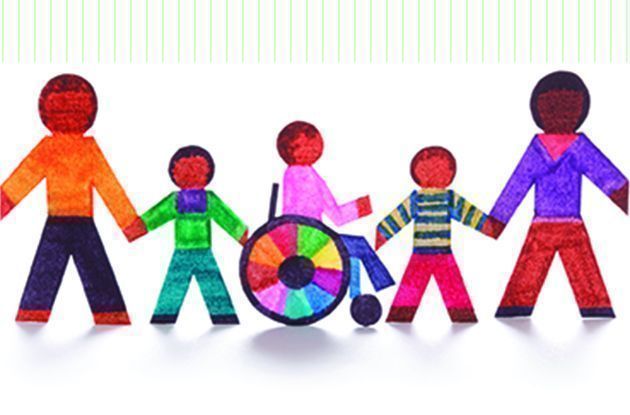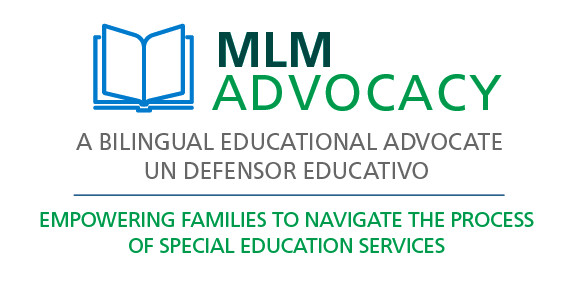
5 Common Myths About Autism Spectrum Disorder You Should Ignore
There are a lot of stereotypes about autism spectrum disorder that just aren’t true—here are the five biggest misconceptions.

There are a lot of stereotypes about autism spectrum disorder that just aren’t true—here are the five biggest misconceptions.




Attending a meeting with the Committee on Special Education can be scary for any parent when their child is suspected of having a disability that can ...

In order to legally protect loved ones with disabilities, a comprehensive estate plan must consider several factors. Andrew Cohen's vast professional ...

Dix Hills, NY Winston Preparatory School Long Island is a leading school for students with learning differences, including dyslexia, ADHD, and nonverbal learning di...

New York, NY The Gateway School is an independent school on the Upper West Side of Manhattan where children ages 5-14 with learning differences become skilled, str...